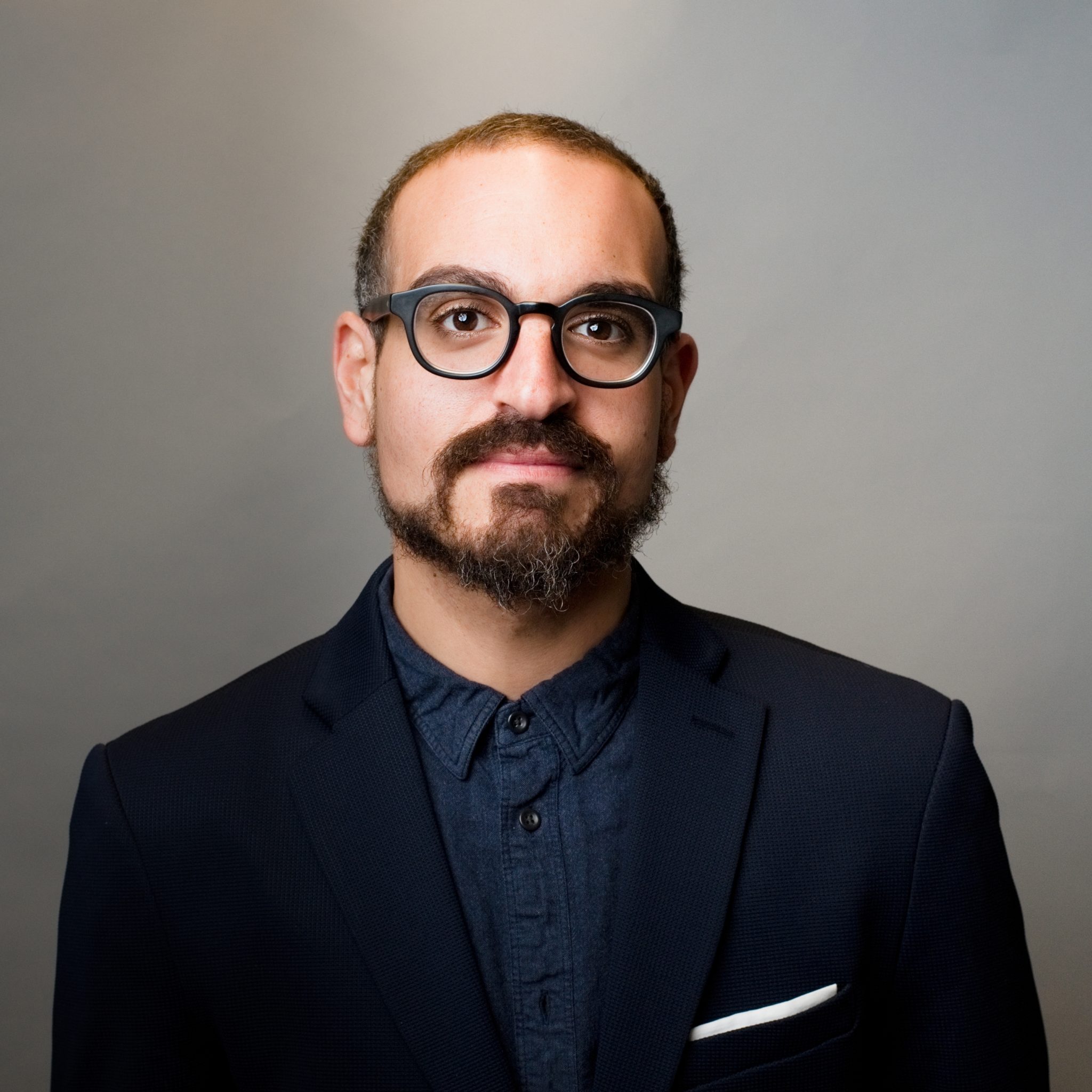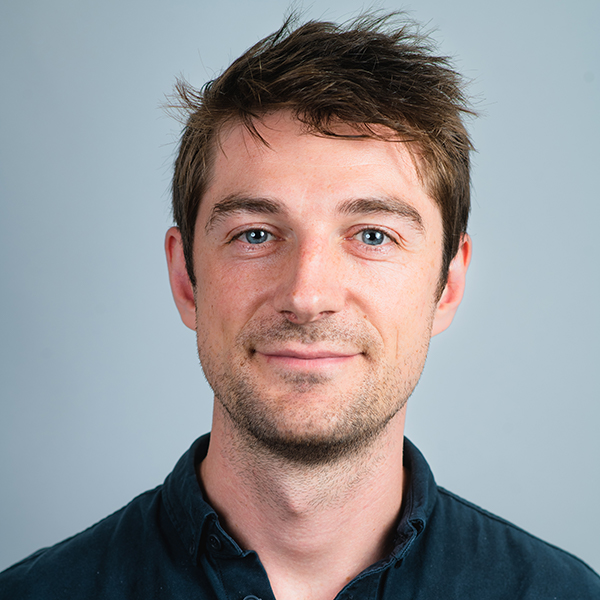Islamist Extremism
ISD conducts research and delivers policy support to tackle the unique challenge of Islamist extremism
Despite the territorial defeat of ISIS in Iraq and Syria, and the dismantling of the group’s propaganda machinery, rumours of Islamist extremism’s ideological demise are greatly exaggerated.
Islamist extremism is in a state of transition. And while far-right extremism has seen a precipitous rise across the West, Islamism still constitutes the greatest global terrorism threat. But this threat is not just one of terrorism – Islamist extremists deploy violence tactically as a means of achieving their broader supremacist political objectives. It is crucial that policy makers and practitioners alike are equipped with the knowledge and tools to stem the polarisation, hate and violence resulting from Islamist extremism around the world.
For over a decade, ISD’s research team has been on the forefront of mapping the evolving online and offline ecosystem of Islamist extremist texts, supporters, ideologues and groups attempting to dominate Muslim discourse with warped supremacist ideologies. This analysis has evidenced and driven strategic responses from governments, tech companies, and communities.
A spectrum of responses
Our work on Islamism mirrors the global nature of the threat, reflecting the distinct challenges this extremism poses in Muslim majority and Muslim minority contexts. Our approach goes beyond addressing Islamism purely through a security lens, instead situating this challenge in the context of broader societal issues, including dynamics of polarisation, reciprocal radicalisation with other forms of extremism, and the relationship between religion and politics.
Rather than simply stopping Islamist violence, our work is premised on the promotion of human rights, protection of minorities, challenging extremist ideology, and preventing the mainstreaming of extremist discourse. ISD’s programmes span the spectrum of hard edge to soft edge responses – from curbing prison radicalization to promoting responsible citizenship – addressing both the tactical considerations as well as strategic context required to sustainably tackle Islamist extremism.
In 2014, ISD pioneered the testing of counternarrative campaigns with Abdullah X, a fictional animated character created by a former Islamist extremist who uses his personal experiences and insights to dismantle extremist narratives. Later in 2016, ISD worked with groups like Average Mohamed to produce campaigns that successfully engaged with target audiences. The results were published in ISD’s report, “The Impact of Counternarratives” and led to a private briefing at the White House.
Our policy advisory work supports national and municipal level policy makers around the world, from Manchester to the Maldives, as well as those on the front lines of preventing Islamist extremist violence and mobilisation, through data insights, cutting edge programming and harnessing practitioner best practice.
Drawing on our unique digital research capabilities, we have advised tech companies and governments alike on blind spots in the proliferation of extremism in the online space, from the specific targeting of women by ISIS to the tactics used by jihadist networks to avoid online moderation. These are featured in the ISD reports “The Propaganda Pipeline: The ISIS Fuouaris Upload Network on Facebook,” “The Baghdadi Net: How A Network of ISIL-Supporting Accounts Spread Across Twitter,” and “The Management of Terrorist Content: How Al Qaeda Texts Continue to Evade Facebook and YouTube Detection.“
Offline, we have mapped the resonance of Islamist extremist narratives in communities across a range of languages, and powered community-focused projects through ISD’s Online Civil Courage Initiative (with Facebook) and Innovation Fund projects (with Google.org), as well as global training workshops through ISD’s YouthCAN network that extend from Malaysia to India to Kenya and Europe.
Impact on Islamism
In its work on Islamist extremism over the past 15 years, ISD has:
- Produced the first and largest database of women travelling to join ISIS, transforming assumptions by policy makers that the group was predominantly a male phenomenon.
- Launched the Against Violent Extremism network of over 500 formers and survivors of violent extremism, leveraging the powerful lessons, experiences and connections of individuals who have dealt first-hand with extremism to challenge it effectively globally.
- Uncovered the “Caliphate Cache,” one of the largest collections of online material belonging to ISIS, containing more than 90,000 items and has an estimated 10,000 unique visitors a month.
- Pioneered intergovernmental exchanges in this emerging policy area through ISD chairing of international bodies such as the Global Counter Terrorism Forum and Policy Planners Network, bringing together over 500 policymakers to respond collectively to pressing transnational counter extremism challenges.
- Built sustainable cross-sectoral networks for the prevention of extremism in some of the most vulnerable parts of the world, including the Balkans, Middle East and North Africa.
- Produced practical tools including practitioner-focused toolkits and handbooks for interventions against Islamist extremism.
- Supported the development of cutting edge education and awareness raising campaigns for governments and grass roots organisations, reaching hundreds of thousands in potentially vulnerable audiences.
Current projects include a partnership with West Point’s Combating Terrorism Center to analyse the largest known online repository of pro-ISIS content, as well as a large scale research project mapping the evolving online Salafi ecosystem across platforms in English, Arabic and German.

Title card for an Abdullah X counternarrative
campaign against ISIS, 2014

Excerpt from the “Caliphate Cache,” the largest
ISIS digital library. Discovered by ISD, 2020
ISD’s Islamist Extremism research team

Moustafa Ayad
Executive Director; Africa, the Middle East and Asia (AMEA)






Rashad Ali
Senior Fellow






Zahed Amanullah
Resident Senior Fellow, Networks & Outreach






Milo Comerford
Director of Policy & Research, Counter-Extremism






Jakob Guhl
Senior Manager, Policy & Research



